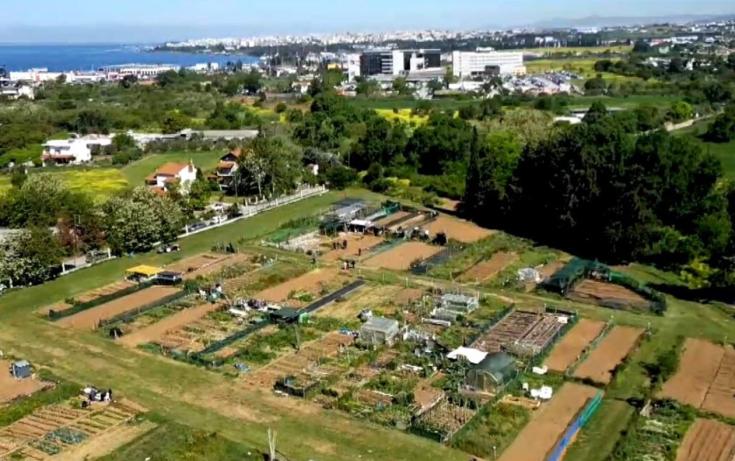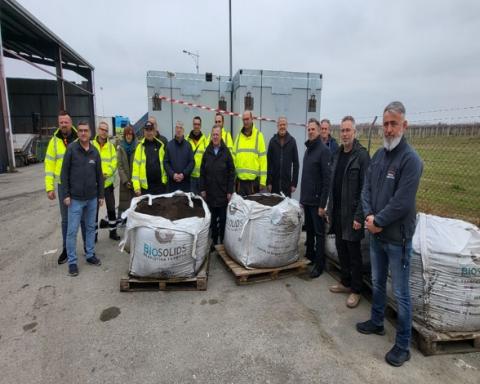Policy situation in Thessaloniki, Greece
The Region of Central Macedonia in Greece is actively developing urban-rural bio-based systems, aiming to create strong synergies between urban centers and their surrounding rural areas. With agriculture accounting for 22% of the country's total agricultural production, the region is well-positioned to implement circular economy practices that support sustainability and resource efficiency. A key focus is on regenerative agriculture, where organic waste is returned to the land as fertilizer, enhancing soil health and productivity. Practical applications of this approach include the production of bioenergy and fertilizers from livestock and agricultural waste, as well as the sustainable use of sewage sludge from vineyards in agriculture and even in the production of food items such as bread and pizza. Additionally, by-products from wheat cultivation, such as wheat straws, are being utilized, and expired food products—particularly dairy and other solids—are being converted into bioenergy. Livestock waste also serves as a valuable raw material in the generation of renewable energy, contributing to the region’s broader efforts to promote sustainability, reduce waste, and support a resilient bioeconomy.
Thessaloniki, the capital of the Region of Central Macedonia (RCM), has been at the forefront of promoting urban farming initiatives that aim to expand green spaces and reinforce urban-rural connections. These efforts showcase innovative ways to integrate agriculture into the urban fabric. Notable examples include KIPOS3, a community urban garden located in the city center, and the urban vegetable gardens of the Aristotle University of Thessaloniki, both of which provide residents with the opportunity to engage in sustainable food cultivation. In addition, the Municipalities of Oraiokastro and Neapoli-Sikies have established communal vegetable gardens where local residents are each allocated a small plot of 50 square meters. These spaces allow individuals to grow fresh produce for personal use or to share with family, friends, and those in need. A key social element of the program is that 10% of all harvested vegetables are donated to support the local social grocery stores, contributing to community welfare.
To fully realize the potential of such bio-based and community-centered initiatives, enhanced stakeholder engagement is essential. Strengthening collaboration among regional authorities, municipalities, private stakeholders, and citizens is critical for the successful development, scaling, and long-term sustainability of bio-based urban and rural projects across Central Macedonia.


